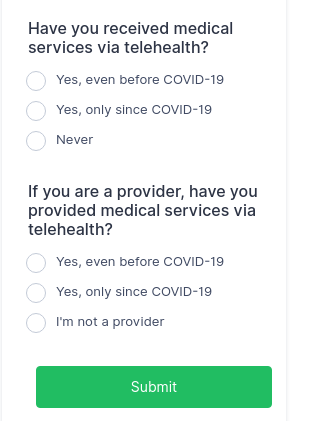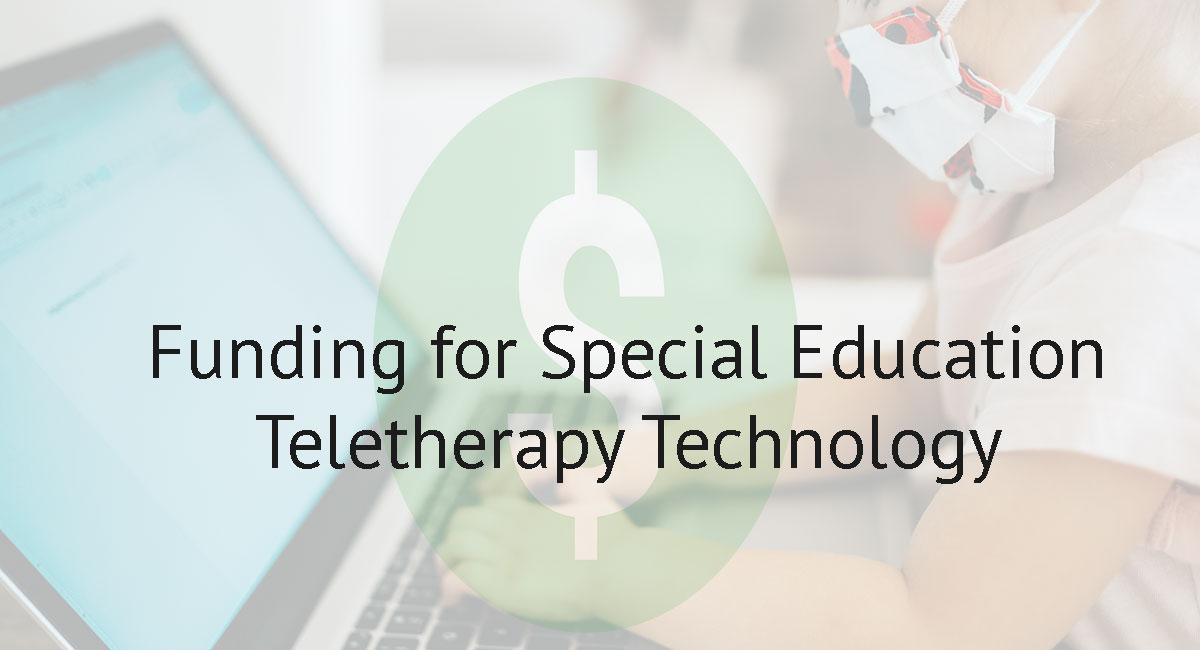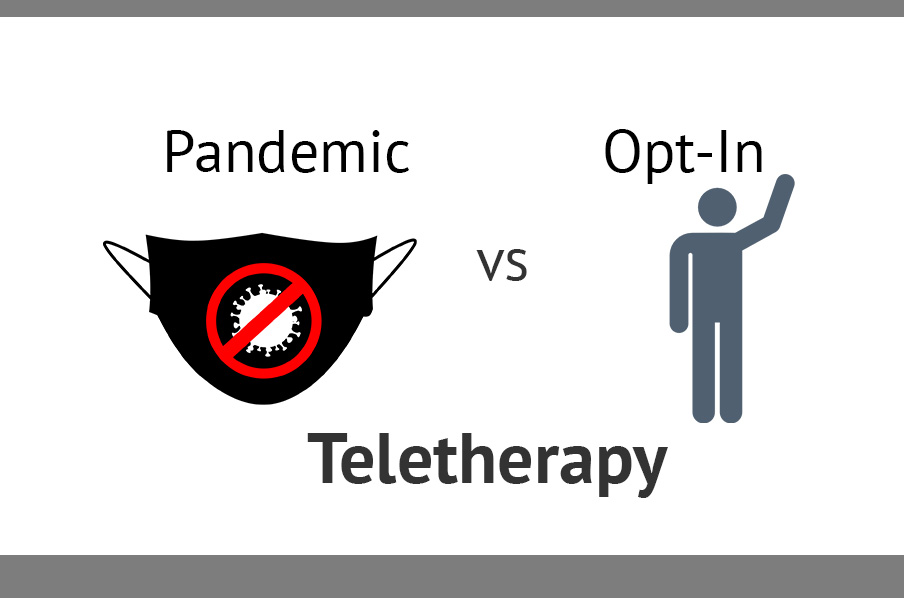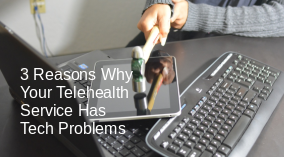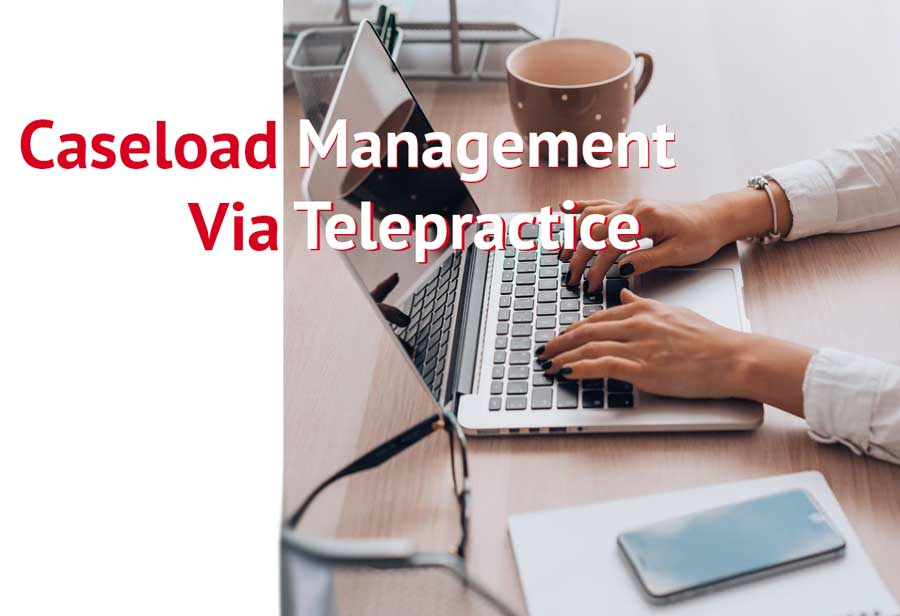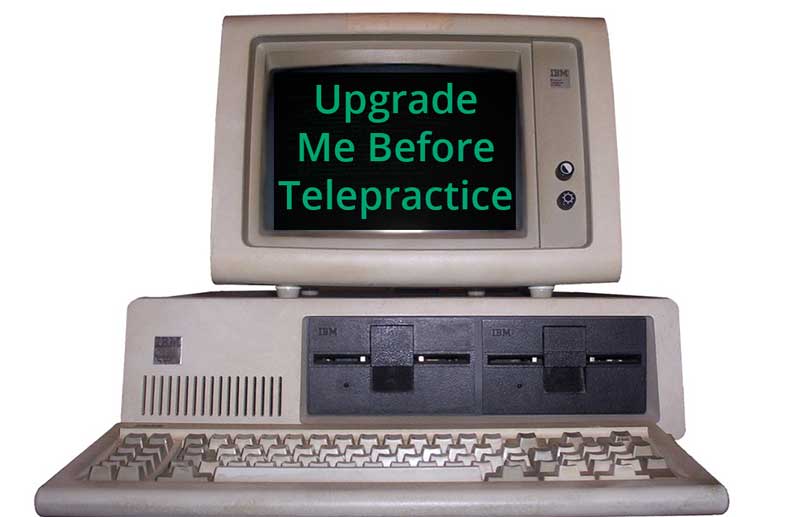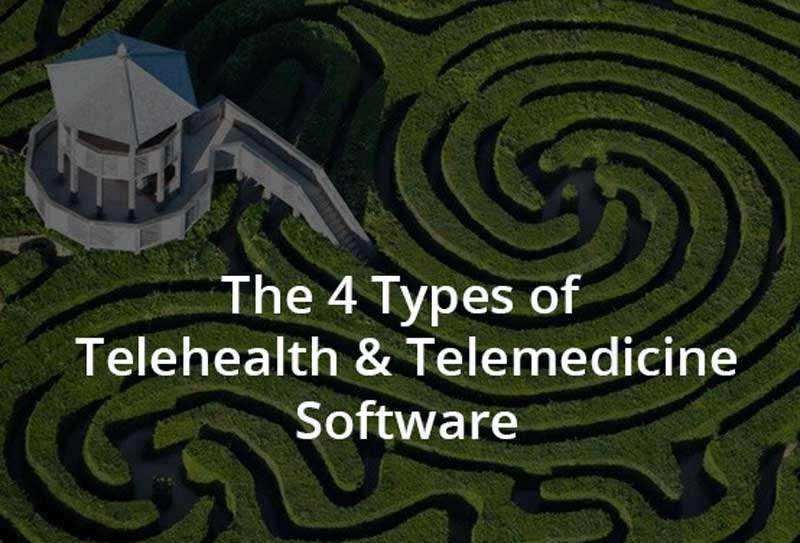After Years of Using Zoom for Teletherapy |
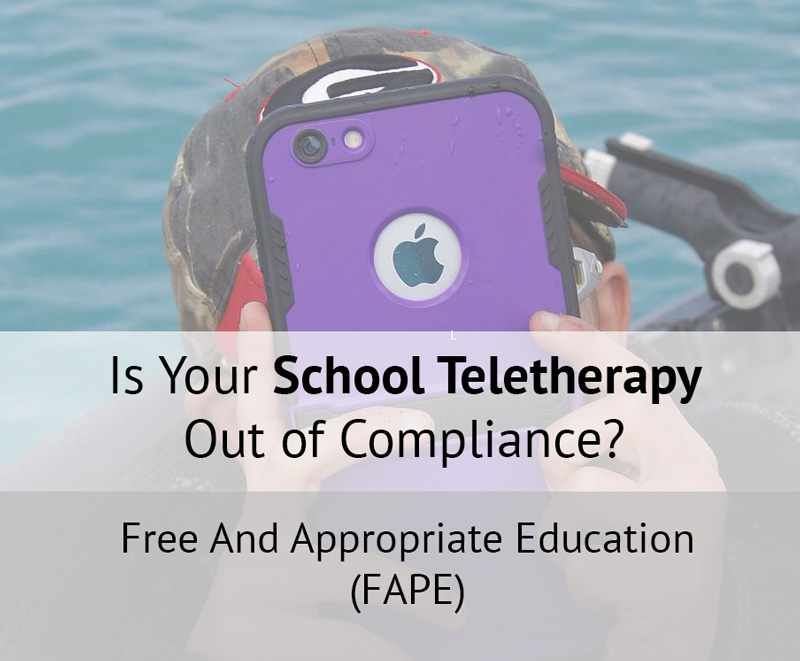
Are your special education virtual services, including teletherapy, out of compliance? Virtual service provision for school districts has become a necessity in 2020. Districts are struggling with how to address special education and related service minutes and timelines amidst a pandemic.
What about post-COVID? As schools continue to address federal and state special education service compliance laws, access to free and appropriate education (FAPE) now includes virtual services. How will special education departments continue to provide compliant services virtually? Simply trying to provide virtual special education services soon will not be good enough. We must do a good job at providing them.
Below I’ve listed some of the biggest risks to compliance when transitioning between seated and virtual service provision and how to avoid those risk.
1) Facilitator Preparedness
If you ask seasoned teletherapists (myself included) what the key is to teletherapy success, they will often reply: the facilitator’s involvement. A facilitator is the adult with the student helping them during teletherapy (special ed aid, parent, etc).
The facilitator can make the session seamless by ensuring the student is where he or she needs to be, has the right technology, has tangible materials (if applicable), etc. On the flip side, a facilitator that hasn’t been adequately prepared, with clear expectations, poses a risk to the overall effectiveness of virtual services. Put simply, don’t expect a second grader to benefit from a tele-session without help from a facilitator who has been prepped on what they need to help with.
It is important that districts train or orient facilitators. Doing so will ensure facilitators are doing what needs to done to help the teletherapist. Areas such as student environment, basic technology troubleshooting, prompting, and tangible materials should be addressed in their training. In my Blink Session consulting, assisting the district with outlining and distributing facilitator expectations is one of the first steps I take, because I know how vital it is.
2) Technology Malfunctions
Devices, connection issues for both the therapist and student, cameras, microphones, and speakers are all important areas to address when transitioning to virtual services. Without adequately assessing and addressing these areas prior to service start date, there’s a risk of delay. The minutes troubleshooting technology directly pull the provider from necessary IEP minutes.
All providers who will be providing services virtually should be equipped with basic skills needed for quick technology troubleshooting. Providers should be able to answer questions such as what devices can and can’t be used (let’s just go ahead and collectively adopt the “no phones” policy), things in the student environment that may impact bandwidth, and who to contact in the district in the event of technology issues. Blink Session offers consulting in these areas in addition to articles like this one that can help support your providers and facilitators with solution-oriented approaches to technical glitches.
3) Missed Appointments
When you go from simply pulling a student out of class 50 feet from your door, to now having to get them to show up online from their house, there will be major challenges. Without a scheduling system, like the one integrated into Blink Session (with appointment reminders), it is extremely hard to make sure facilitators know when to have their student show up online.
A simple scan of any teletherapy specific Facebook pages will show that therapists are continuously searching for ways to help address no-shows. They simply are not used to the complexity. They are used to pulling students out of class.
In addition to addressing facilitator expectations and technology glitches, implementing a tool that provides appointment reminders is a necessity with transition to virtual service provision. I encourage schools I consult with to utilize Blink Session appointment features to not only show student progress and homework BUT also to send appointment reminders. If you don’t have access to tools like Blink provides, you must use some kind of online calendar system that notifies facilitators of appointments.
The Blink Session team is here to support your district with creating your foundation for virtual services with compliant and effective services at the forefront of our consulting offerings. See further information about consulting specific to school districts here.
Telehealth Quick Poll
